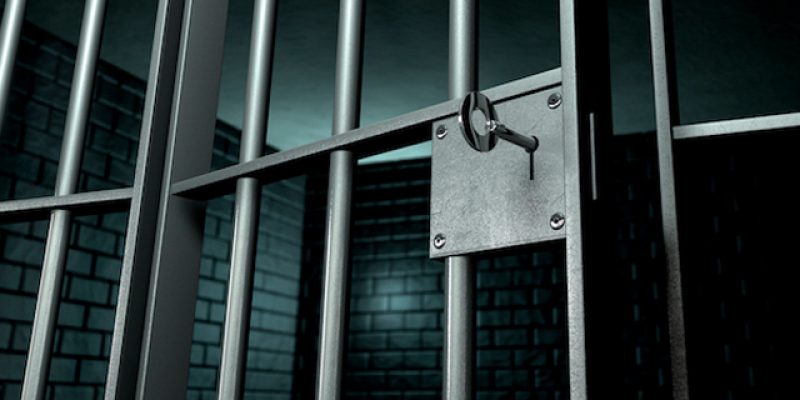This week’s news will be full of coverage of the first stages of implementation of Louisiana’s landmark criminal justice reforms, passed in the legislature this summer. These reforms passed with broad support from across the political spectrum and were championed by leading conservative and free-market leaders and organizations from in and out of Louisiana.
Just a few of the leading supporters include: the Pelican Institute, Right on Crime Louisiana, Smart on Crime Louisiana (which is a coalition of business leaders led by Jay Lapeyre, Michael Cowan and others), President of Americans for Tax Reform Grover Norquist, Gene Mills of the Louisiana Family Forum, and Koch Industries executive Mark Holden, and many more.
Louisiana’s leading business organizations are also on board with key aspects of our reforms including the Louisiana Association of Business and Industry, the Baton Rouge Area Chamber, Lafayette Chamber and Greater New Orleans Inc., in addition to well-respected law enforcement professionals such as Lafourche Parish Sheriff Craig Webre.
A quick look at that list of supporters will tell you these are reforms that conservatives and free-market supporters should continue to champion. We should also work together with state leaders to ensure the reforms are implemented well, so we can see the same kind of demonstrable results in Louisiana.
Consider the following results as a direct result of similar reforms:
- In Texas, prison populations have declined by 16% while crime rates have dropped 30%
- In South Carolina, which first began its criminal justice reform initiatives in 2010, both crime rates and imprisonment rates have dropped 16% (without any upfront reinvestment dollars)
- In Georgia crime rates have dropped 10% since 2012
- In North Carolina, crime rates have plummeted by 19% since 2011 (with no upfront investment)
Historically “tough on crime” Florida and Alabama have also seen positive results from their own reforms. Despite alarmist concerns, there is no reason to believe the opposite results will occur in Louisiana if we do this right.
While it is understandably tempting to be cynical regarding much of what government does, a fair assessment of the state’s new criminal justice reforms demand more than cynicism. It demands an honest admission that what Louisiana has been doing for decades in the areas of sentencing and incarceration isn’t working, and that the system is so badly broken as to require innovative and tested reforms.
Advertisement
That realization was the impetus behind this series of phased-in reforms that are designed to fundamentally change how we incarcerate our prisoners, how we prepare them for re-entry into society, and what Louisiana’s taxpayers are actually getting for the $700 million a year they are spending to prop up a broken criminal justice system.
Fiscal conservatives should also recognize and applaud the cost savings associated with the reform package, a package conceived and supported and in some cases authored by many conservative Republicans in the Louisiana legislature. These reforms are estimated to save the taxpayers around $262 million in incarceration expenses, reallocating $184 million into programs reduce the incidence of repeat offenses and support victims of crimes, all the while, reducing our prison population by 10% over the next 10 years.
In closing, while the temptation for some conservatives may be to write these reforms off right up front, the facts speak for themselves. Reforms that will make our state safer, reduce crime and recidivism, and do so in a smart, proven, fiscally-responsible manner are just the kinds of reforms we should all come together to support. We should welcome anyone from across the political spectrum who joins together in supporting these values.
Our state and our taxpayers deserve better than the status quo, and these reforms are a strong step toward turning Louisiana around.
Daniel Erspamer
Pelican Institute
Advertisement
Advertisement

